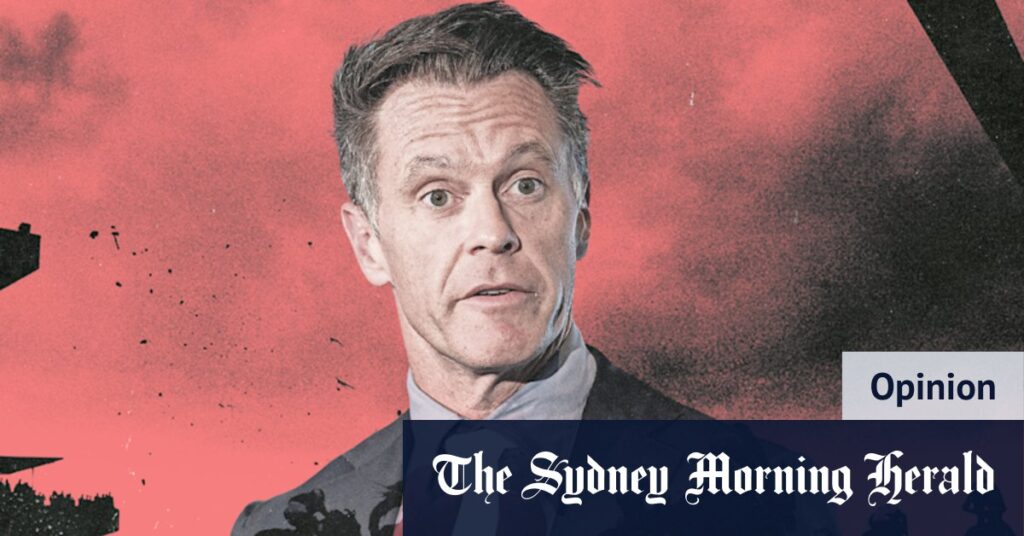Harry’s betting career, much more committed than mine, never panned out. Ears might’ve been up, but returns overall were down. You never can tell what truly motivates a horseracing tragic, or a horse for that matter. And that conundrum might’ve been what scuppered the Rosehill vote. The government was, understandably, sweating on the deal. The housing crisis is a burning platform for all concerned.
Peter V’landys gave a commitment that revenue derived from the proposal would be reinvested to benefit the racing industry as a whole. Credit: Rhett Wyman. Images digitally altered.
On a cool May day, that pressure, that sweat, looks to have pricked the ears of Australian Turf Club members, who voted the proposal down. Perhaps they anticipate their refusal will give way to a more favourable proposal down the track. That remains to be seen. In my experience lightning doesn’t strike twice.
There are options open to the government. Compulsorily acquiring the site could be one. The premier has ruled that out, but such a move would not only bring housing relief but also bolster returns on the taxpayer-funded light rail and metro connections, whilst helping rebalance jobs away from the Sydney CBD to nearby growth centres like Parramatta.
ATC members might get a better offer. Over time, in the racing game, even a winning horse’s coat can dull as it returns, repeatedly to the mounting yard. “Flatness” in a horse, says the metro racing guide, is the “hardest” sign to detect. A horse, the guide advises, “can still look well but their stride and action appear tighter than before”. That remains to be seen. About now is when Pop would shush me and send me up to the shops.
Read the full article here

